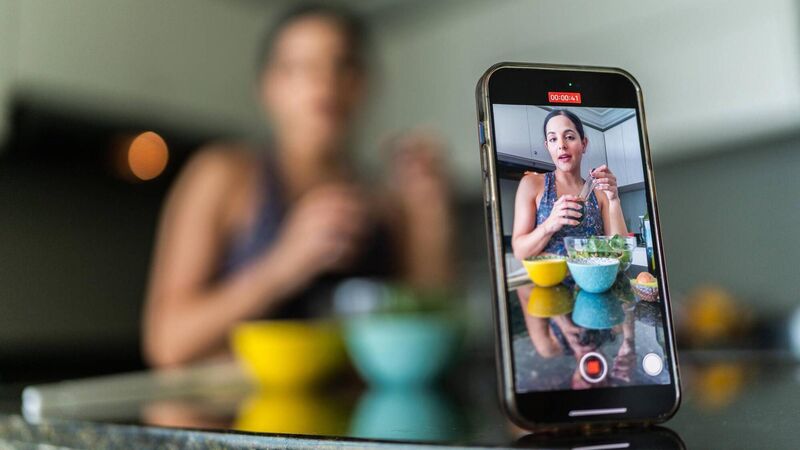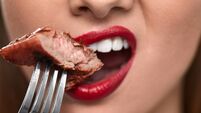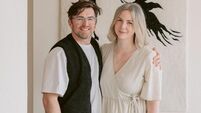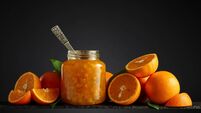Diets and wellbeing: A fact check on five healthy eating beliefs

Social media posts giving nutritional advice can not always be trusted, says dietitian Dr Carrie Ruxton
In a world of social media, influencers and tons of readily available data and information — it is becoming increasingly difficult to know what’s true when it comes to nutrition.
Dietitian Dr Carrie Ruxton debunks some healthy eating myths to make your life easier.











